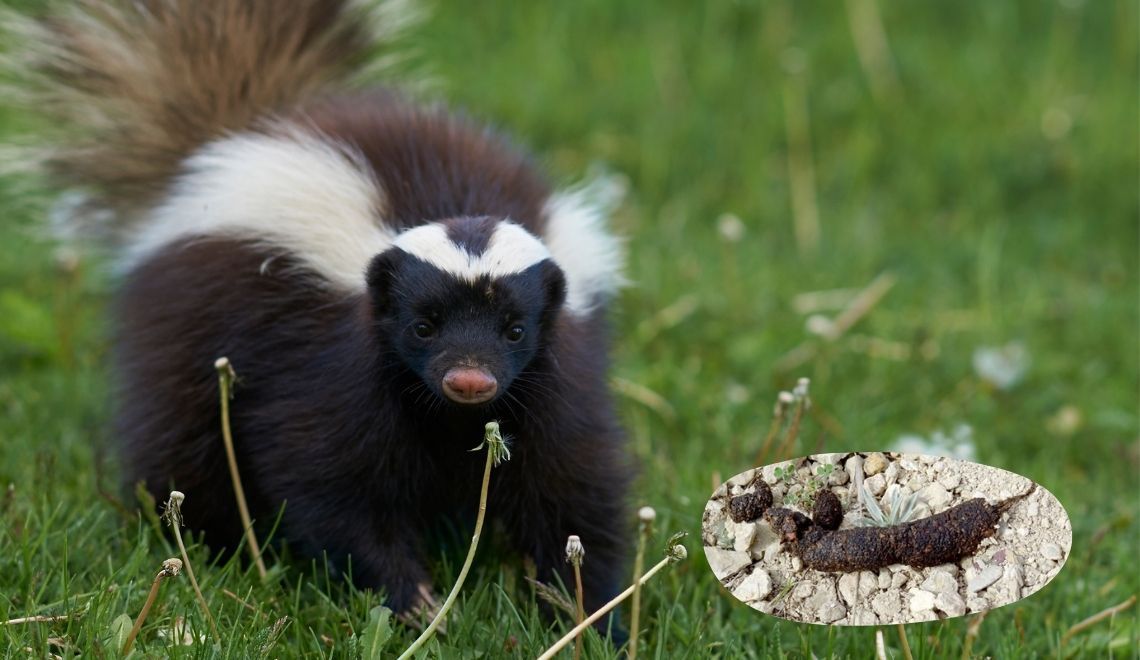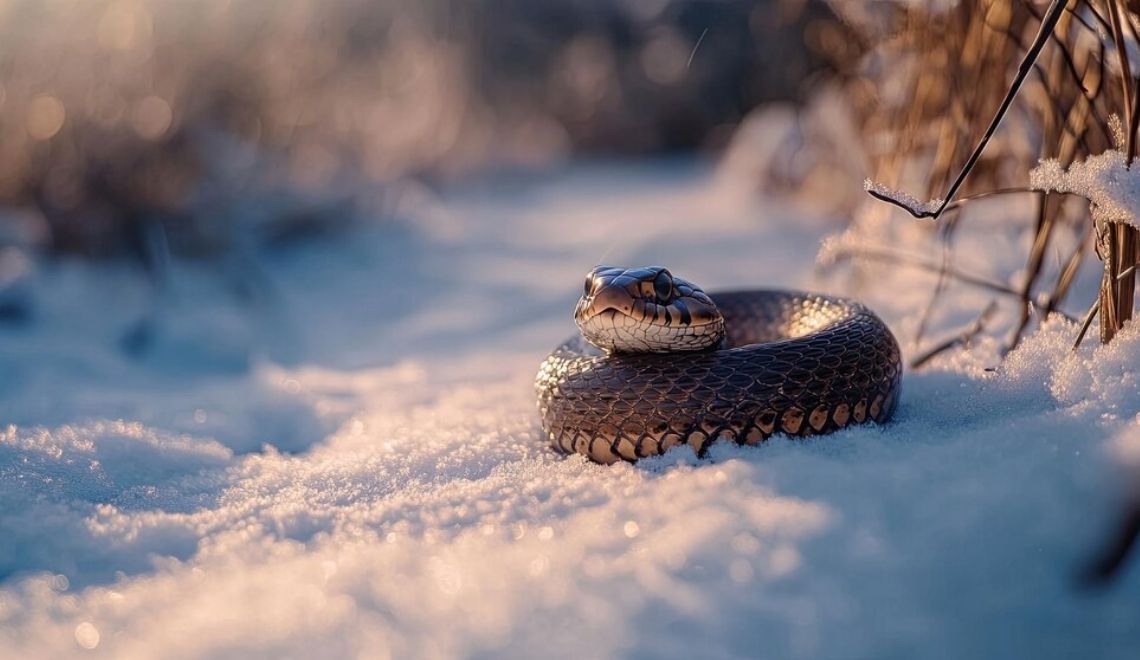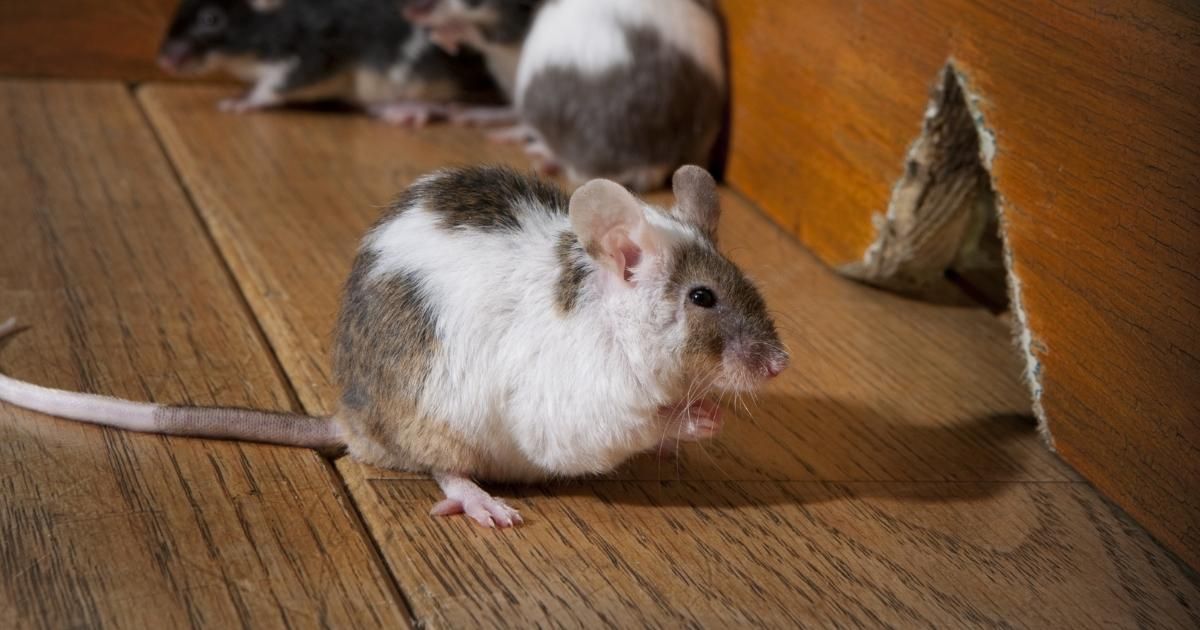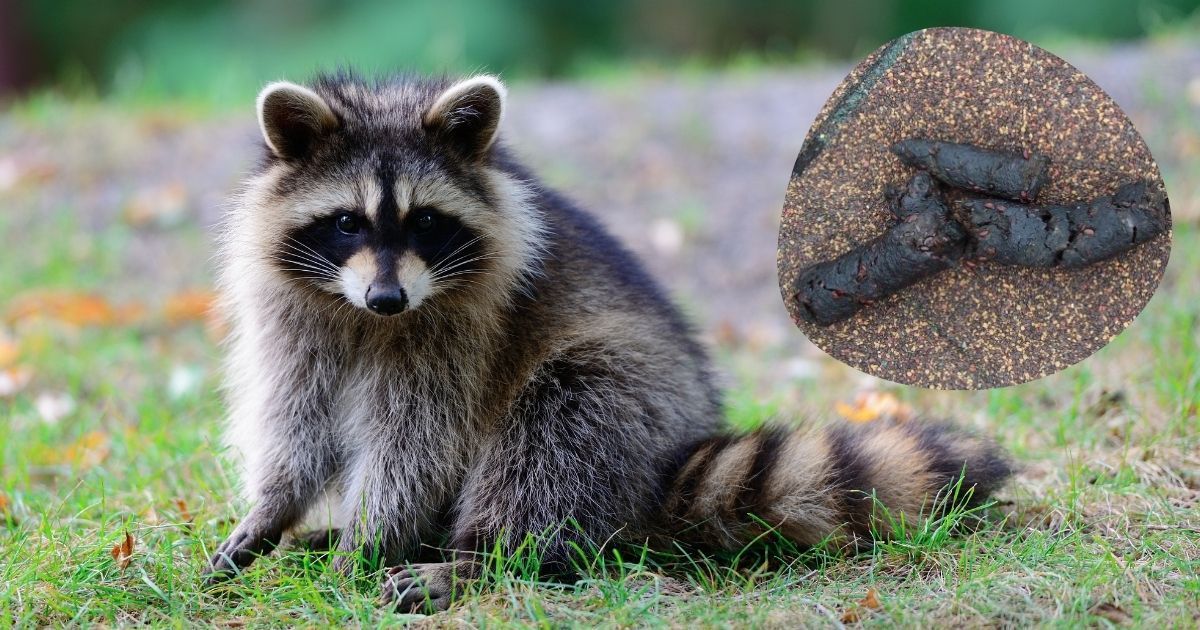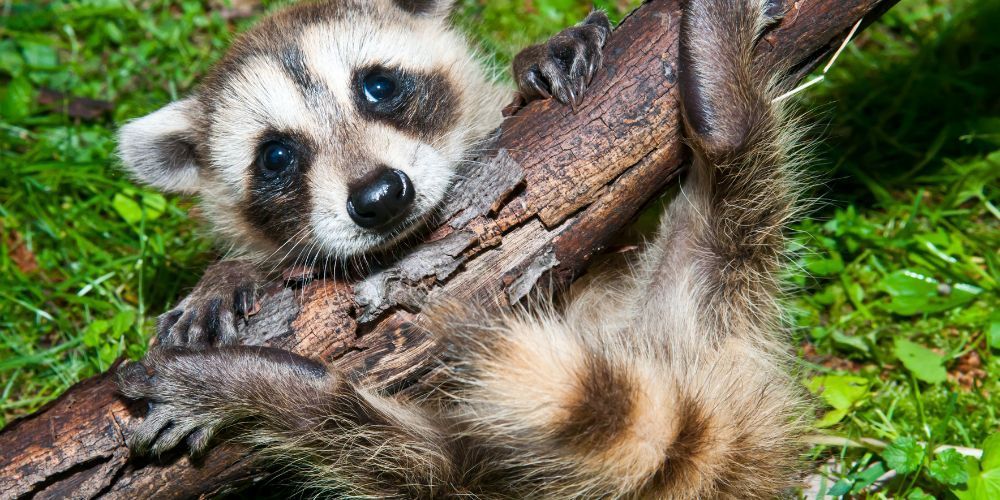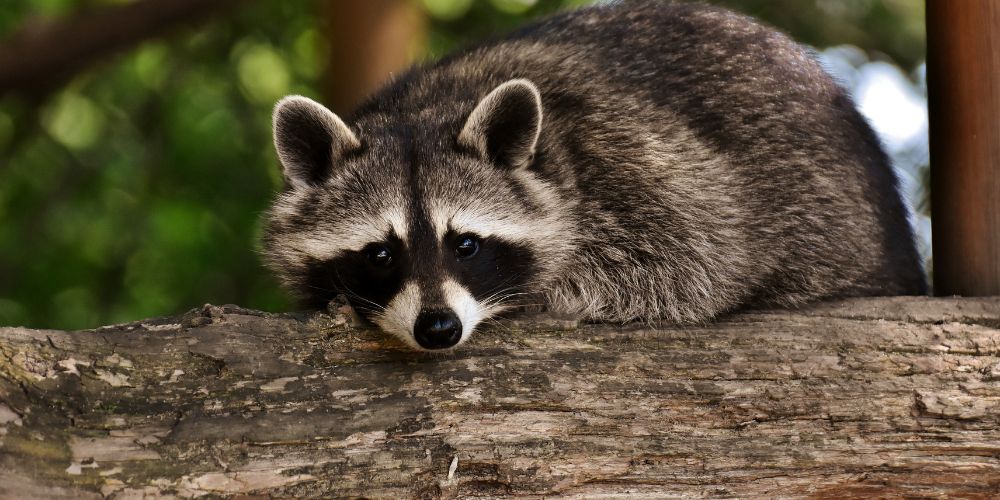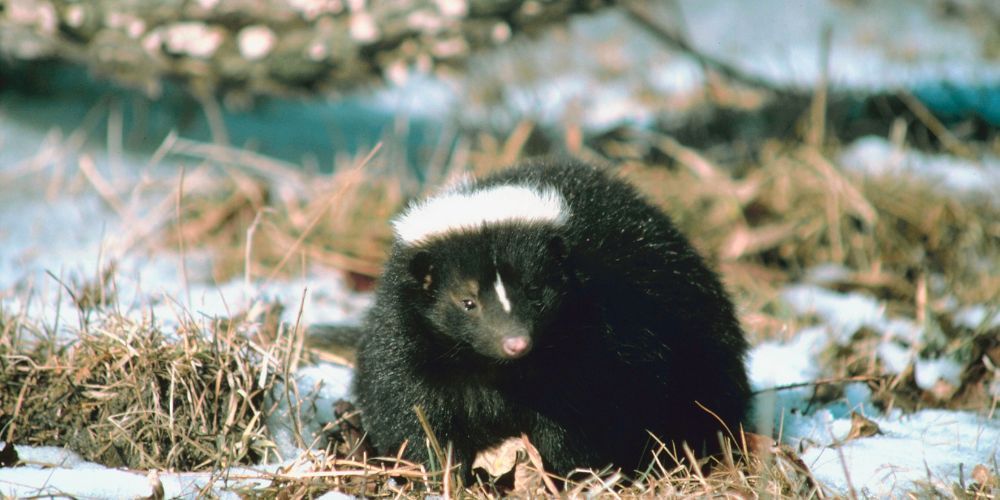Are Raccoons Dangerous? | Risks, Behavior, & Prevention Tips
Raccoons, with their masked faces and dexterous paws, often appear harmless, even endearing. However, beneath this charming exterior lies a potential for danger to both humans and pets. Understanding the risks associated with raccoons is essential for ensuring safety and preventing unwanted encounters.
Are Raccoons Dangerous?
Yes, raccoons can pose significant dangers. While they are generally not aggressive, raccoons are wild animals with unpredictable behaviors. If they feel threatened or cornered, especially when protecting their young, they may attack. Their sharp teeth and claws can inflict serious injuries. Moreover, raccoons are known carriers of various diseases that can be transmitted to humans and pets.
Do Raccoons Attack Humans?
Raccoon attacks on humans are relatively rare but not unheard of. Most incidents occur when a raccoon is startled, feels threatened, or is rabid. For instance, in December 2024, an Idaho mother discovered a raccoon attacking her infant son inside their home. Such incidents underscore the importance of exercising caution around these animals and ensuring homes are secure against potential wildlife intrusions.
Are Raccoons Dangerous to Pets?
Yes, raccoons can be dangerous to pets. They may attack cats and small dogs, especially if there's competition for food. Additionally, raccoons can transmit diseases to pets, including rabies and canine distemper. Ensuring pets are vaccinated and avoiding leaving pet food outdoors can help reduce the risk of encounters.
How Dangerous Are Raccoons?
Beyond physical attacks, raccoons pose health risks through the diseases they carry. Rabies is a primary concern; raccoons are one of the most common carriers in North America. In February 2025, a raccoon in Long Island tested positive for rabies, marking the first such case in Suffolk County in 15 years. This highlights the ongoing risk of rabies transmission from raccoons to humans and pets.
Defensive Behavior
When threatened, raccoons may exhibit defensive behaviors such as growling, hissing, or lunging. It's crucial to give them space and avoid close interactions to prevent provoking an attack.
Disease Risks
Raccoons are vectors for several diseases:
- Rabies: A viral disease affecting the central nervous system, fatal if untreated.
- Leptospirosis: A bacterial infection that can lead to kidney damage in humans and animals.
- Baylisascaris Procyonis (Raccoon Roundworm): A parasite that can cause severe neurological damage if ingested. In 2024, concerns rose as this parasite was found spreading across Europe, posing health risks to humans.
- Raccoon Scat Hazards: Raccoon feces can contain harmful parasites like roundworms, which pose serious health risks if accidentally ingested or inhaled. It is crucial to avoid direct contact with raccoon scat and properly sanitize areas where raccoon droppings are found.
What Other Problems Do Raccoons Cause?
Beyond health risks, raccoons can cause various issues:
- Property Damage: Raccoons are adept at breaking into attics, basements, and garages to seek shelter, often causing structural damage.
- Trash Scavenging: Their search for food leads them to overturn garbage cans, creating messes and potential health hazards.
In October 2024, a Washington state woman experienced an overwhelming situation when her yard was besieged by over 100 raccoons demanding food. This incident highlights the potential consequences of feeding wildlife and the challenges of managing raccoon populations.
How to Prevent Raccoon Problems
To minimize raccoon-related issues:
- Secure Trash: Use raccoon-proof garbage cans and avoid leaving food scraps accessible.
- Seal Entry Points: Inspect and repair any openings in your home’s exterior to prevent raccoons from entering.
- Remove Food Sources: Avoid feeding pets outdoors and remove bird feeders if raccoons are a problem.
What to Do if a Raccoon Approaches You
If confronted by a raccoon:
- Stay Calm: Do not panic or make sudden movements.
- Back Away Slowly: Give the raccoon space to escape.
- Avoid Direct Eye Contact: This can be perceived as a threat.
- Do Not Feed or Touch: Feeding or attempting to touch raccoons can encourage aggressive behavior and increase disease risk.
Why You Should Leave Raccoon Removal to Professionals
Handling raccoons can be dangerous due to their potential for aggression and disease transmission. Professional wildlife removal experts have the necessary training and equipment to safely and humanely remove raccoons from your property. Attempting to do so yourself can lead to injuries or legal issues, as wildlife regulations often protect these animals.
In summary, while raccoons are a common part of urban and rural environments, it's essential to recognize the risks they pose. By staying informed and taking preventive measures, you can coexist safely with these nocturnal neighbors.
Cities We Serve
Contact Us Today
Contact Us
We will get back to you as soon as possible.
Please try again later.
Wildlife Control 360 specializes in the humane control and removal of wildlife like raccoons, bats, birds, rats, snakes, bees, skunks, foxes, gophers, and squirrels.
Service
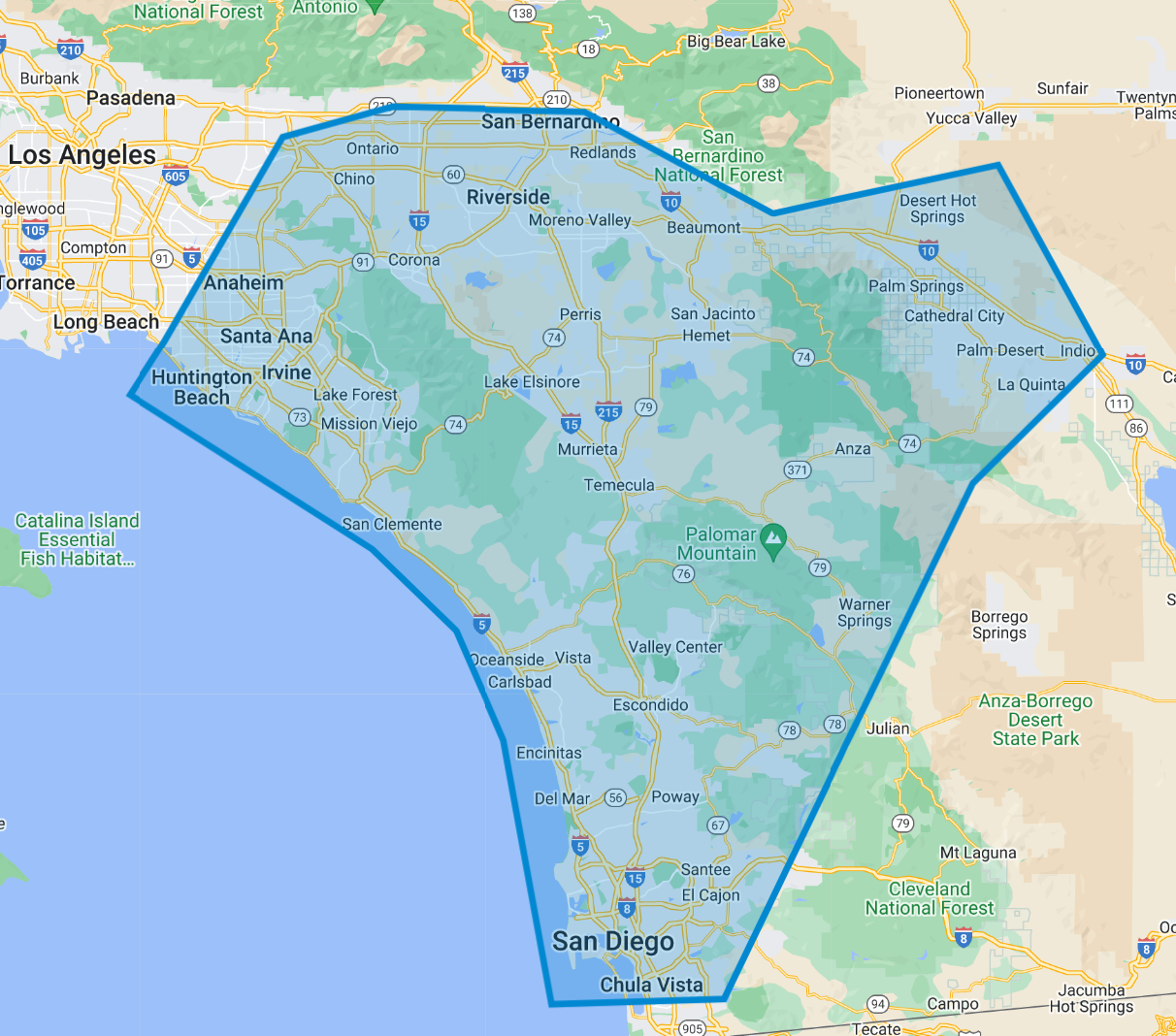
© 2024 All Rights Reserved | Wildlife Control 360

